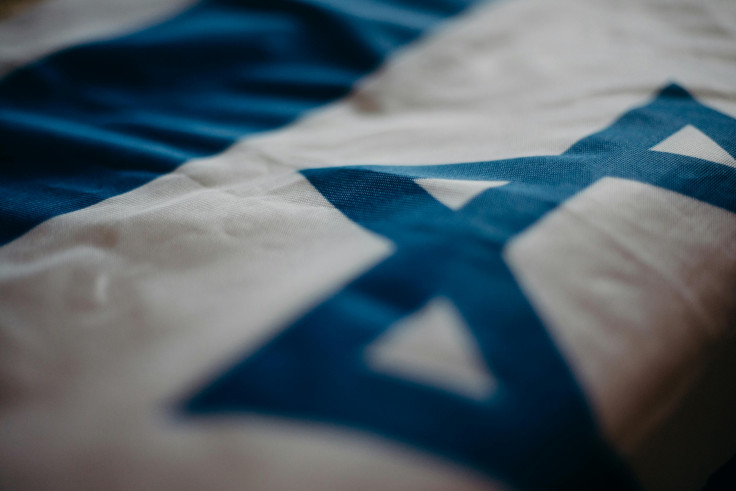'I will not leave this place'—Gaza City Family Defies Israeli Evacuation Orders as Ground Invasion Escalates
Over one million Palestinians have been ordered to flee their homes

A family in Gaza City has refused to comply with Israeli evacuation orders as the Israeli military expands its ground invasion, intensifying bombardment and raising the civilian death toll. The standoff highlights the growing displacement crisis in Gaza, where more than one million people have been ordered to flee their homes amid relentless air strikes and military operations.
Families Resist Forced Evacuation
Despite evacuation orders issued by the Israeli Defence Forces, some Palestinian families have chosen to remain in their homes. In Gaza City, one family told news outlet Aljazeera that they would not leave the land they had lived on for generations.
'In Khan Younis, there is bombing. In Nasser, there is bombing. Even at the hospital, there is bombing,' a young man said. 'Since there is no place, I will remain where I am. I will not leave this place no matter what.'
Evacuation notices have been delivered through leaflets, phone messages and loudspeaker warnings, urging civilians to move south. Yet many families argue that nowhere in the besieged enclave is safe, with both northern and southern areas repeatedly struck by air raids.
According to UN News, 90% of the population has already been displaced, with thousands sheltering in overcrowded schools and makeshift camps.
Rising Civilian Deaths and Destruction
The Gaza Health Ministry reported dozens of deaths in the latest wave of Israeli strikes, including children and elderly residents. Entire neighbourhoods in Gaza City, Khan Younis and Jabalia have been levelled, leaving families trapped under rubble.
Local sources noted that some areas previously designated as humanitarian 'safe zones' have also been bombed. Satellite images released this week show widespread destruction of residential blocks, hospitals and schools. Aid agencies warn that the scale of devastation is compounding the already dire humanitarian emergency.
Health System on the Brink
Hospitals across Gaza are facing collapse due to shortages of fuel, water and medical supplies. The Health Ministry has warned that oxygen stations, intensive care units and ambulances may cease operating within days unless international aid is delivered.
The Al-Shifa Medical Complex and Nasser Hospital, two of Gaza's largest facilities, are operating far beyond capacity, with patients treated on floors and in corridors. The World Health Organization has described the situation as 'unprecedented', warning of mass casualties if medical services break down completely.
International Condemnation Mounts
The escalation in Gaza has drawn growing international criticism. China and France have publicly condemned Israel's military offensive. In Paris, French MP Mathilde Panot called the assault on civilians a 'genocide', urging European governments to act.
In the United Kingdom, former Labour leader Jeremy Corbyn said the government must respond to a United Nations report that described Israel's actions as constituting genocide.
Meanwhile, the European Union is considering sanctions targeting Israeli trade, signalling rising diplomatic pressure on Prime Minister Benjamin Netanyahu's government.
Political Tensions Inside Israel
While Israel continues its military operations, tensions are mounting domestically. Families of captives held in Gaza protested outside the Jerusalem District Court, where Netanyahu appeared for his ongoing corruption trial. Demonstrators demanded that the government prioritise negotiations for the captives' release over the ground invasion.
Israeli media have reported growing divisions within the political and military establishment, with some senior figures questioning the long-term strategy of the offensive. Despite this, Netanyahu has pledged to press on with the invasion, saying it is necessary for Israel's security.
© Copyright IBTimes 2025. All rights reserved.




















